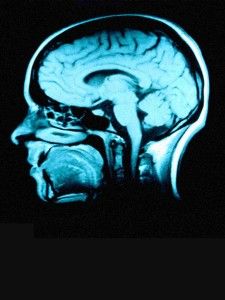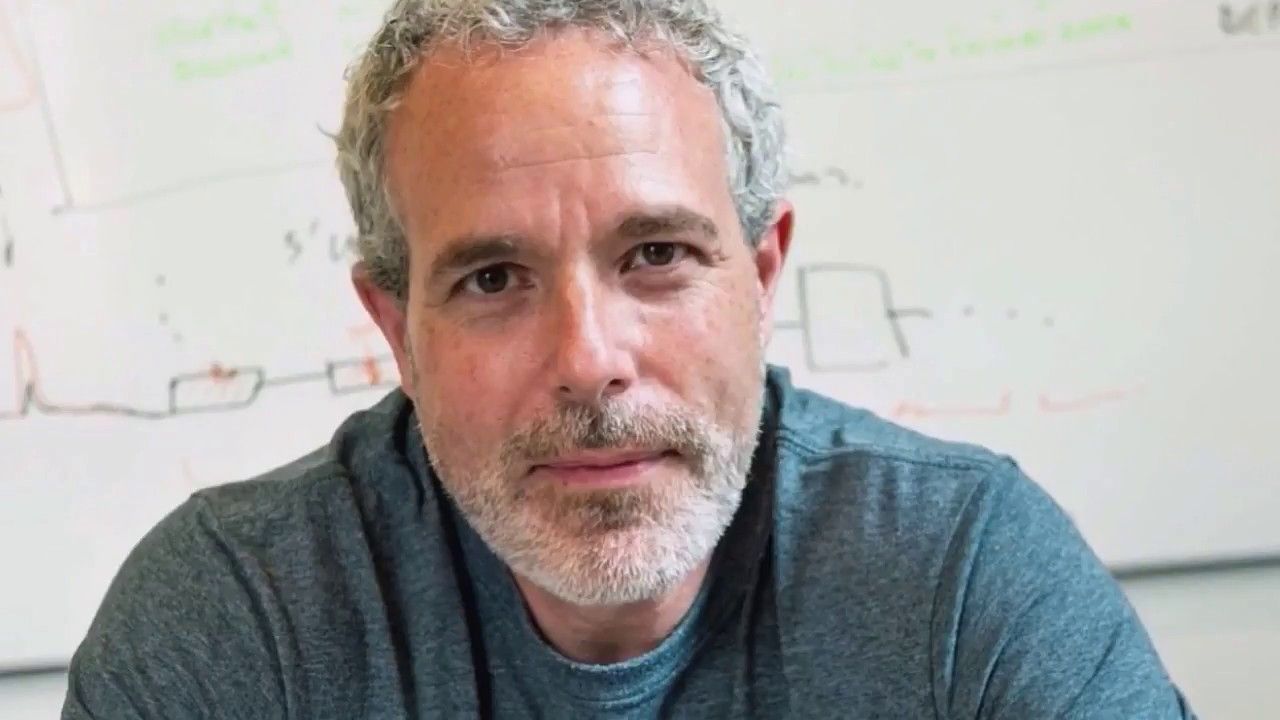
Category: health


What’s Love got to do with Education?
[This article is drawn from Ch. 8: “Pedagogical Love: An Evolutionary Force” in Postformal Education: A Philosophy for Complex Futures.]
“There is nothing more important in this world than radical love” as Paolo Freire told Joe Kincheloe over dinner.
- Joe Kincheloe. Reading, Writing and Cognition. 2006.
And yet, we live in a world of high-stakes testing, league tables for primary schools as well as universities, funding cuts, teacher shortages, mass shootings in schools, and rising rates of depression and suicide among young people.
The most important value missing from education today is pedagogical love.
In “Pedagogical Love: An Evolutionary Force” (Ch. 8 of Postformal Education: A Philosophy for Complex Futures) I explain why love should be at centre-stage in education. I introduce contemporary educational approaches that support a caring pedagogy, and some experiences and examples from my own and others’ practice, ending with some personal reflections on the theme.
Why do we want to educate with and for love? We live in a cynical global world with a dominant culture that does not value care and empathy. We live under the blanket of a dominant worldview that promotes values that are clearly damaging to human and environmental wellbeing. In many ways our world, with its dominance of economic values over practically all other concerns, is a world of callous values. And recently we’ve embarked on a flight from truth.
In the search for truth, the only passion that must not be discarded is love. Truth [must] become the object of increasing love and care and devotion.
- Rudolf Steiner. Metamorphoses of the Soul, Vol. I. 1909.
What a contrast Steiner’s early 20th century statement is to the lack of a love for truth that abounds in fake news in our post-Truth world. Canadian holistic educator, John Miller points to the subjugation of words like love in contemporary educational literature in the following quote:
The word ‘love’ is rarely mentioned in educational circles. The word seems out of place in a world of outcomes, accountability, and standardised tests.
- John Miller. Education and the Soul. 2000.
British educational researcher, Maggie MacLure speaks about the obsession with quantitative language in education in the UK: “objectives, outcomes, standards, high-stakes testing, competition, performance and accountability.” She argues that the resistance to the complexity and diversity of qualitative research that is found in the evidence-based agendas of the audit culture is linked to “deep-seated fears and anxieties about language and desire to control it.” In this context it is not hard to imagine that words like love might create what MacLure calls ontological panic among the educational audit-police.
In spite of these challenges several educational theorists and practitioners emphasise the importance of love—and the role of the heart—in educational settings. If young people are to thrive in educational settings, new spaces need to be opened up for softer terms, such as love, nurture, respect, reverence, awe, wonder, wellbeing, vulnerability, care, tenderness, openness, trust.
Awe, wonder, reverence, and epiphany are drawn forth not by a quest for control, domination, or certainty, but by an appreciative and open-ended engagement with the questions.
- Tobin Hart. Teaching for Wisdom. 2001.
Arthur Zajonc has developed an educational and contemplative process that he calls an “epistemology of love.” Mexican holistic education philosopher, Ramon Gallegos Nava, refers to holistic education as a “pedagogy of universal love.” Other important contributions to bringing pedagogical love into education include Nel Noddings extensive writings on “an ethics of care”, Parker Palmer’s “heart of a teacher” and Tobin Hart’s deep empathy.”
The caring teacher strives first to establish and maintain caring relations, and these relations exhibit an integrity that provides a foundation for everything teacher and student do together.
- Nel Noddings. Caring in Education. 2005.


The US Just Ended Its Own Ban on Engineering Deadly Viruses in The Lab
The US federal government has lifted an enforced moratorium on funding research into how to make viruses deadlier and more transmissible.
The moratorium, which was imposed three years ago, froze funding for what’s called “gain of function” research: controversial experiments seeking to alter pathogens and make them even more dangerous. Now, the money is back on the table, giving those trials the green light once more.
The director of the National Institutes of Health (NIH), Francis S. Collins, announced the lifting of the moratorium on Tuesday, saying gain of function (GOF) research with viruses like influenza, MERS, and SARS could help us “identify, understand, and develop strategies and effective countermeasures against rapidly evolving pathogens that pose a threat to public health”.


Irish Ancestry Surprises Revealed by New DNA Map
The genetic atlas revealed new information about health risks, ancient political borders, and the influence of Vikings.
Learn how your family history is connected to the human journey with National Geographic’s Geno 2.0 DNA ancestry kit.
A new “DNA atlas” of Ireland is revealing some of the surprising ways historic kingdoms have influenced populations on the island—and it offers the first genetic evidence that Vikings intermingled with ancient Irish peoples.

Brendan Frey — Genome Reprogramming
Brendan John Frey FRSC (born 29 August 1968) is a Canadian-born machine learning and genome biology researcher, known mainly for his work on factor graphs, the wake-sleep algorithm for deep learning, and using machine learning to model genome biology and understand genetic disorders. He founded Deep Genomics and is currently its CEO, and he is a Professor of Engineering and Medicine at the University of Toronto. He co-developed a new computational approach to identifying the genetic determinants of disease, was one of the first researchers to successfully train a deep neural network, and was a pioneer in the introduction of iterative message-passing algorithms.
Frey studied computer engineering and physics at the University of Calgary (BSc 1990) and the University of Manitoba (MSc 1993), and then studied neural networks and graphical models as a doctoral candidate at the University of Toronto under the supervision of Geoffrey Hinton (PhD 1997). He was an invited participant of the Machine Learning program at the Isaac Newton Institute for Mathematical Sciences in Cambridge, UK (1997) and was a Beckman Fellow at the University of Illinois at Urbana Champaign (1999).
Following his undergraduate studies, Frey worked as a Junior Research Scientist at Bell-Northern Research from 1990 to 1991. After completing his postdoctoral studies at the University of Illinois at Urbana-Champaign, Frey was an Assistant Professor in the Department of Computer Science at the University of Waterloo, from 1999 to 2001.
In 2001, Frey joined the Department of Electrical and Computer Engineering at the University of Toronto and was cross-appointed to the Department of Computer Science, the Banting and Best Department of Medical Research and the Terrence Donnelly Centre for Cellular and Biomolecular Research. From 2008 to 2009, he was a Visiting Researcher at Microsoft Research, Cambridge, UK, and a Visiting Professor in the Cavendish Laboratories and Darwin College at Cambridge University. Between 2001 and 2014, Frey consulted for several groups at Microsoft Research and acted as a member of its Technical Advisory Board.
In 2014, Frey co-founded Deep Genomics, a Toronto company that develops machine learning methods to model the deep biological architectures that relate genetic mutations to disease. The company’s goal is to bridge the genotype-phenotype gap, which is a pain point in genetic testing, pharmaceuticals, personalized medicine and health insurance.
——-
Facebook: https://www.facebook.com/agingreversed
Tumblr: http://agingreversed.tumblr.com
Twitter: https://twitter.com/Aging_Reversed
Bioquark Inc. — Biotech and Beyond — Aquarian Radio
https://www.spreaker.com/user/aquarianradio/ira-s-pastor-ascension-center-12-05-17-h?utm_medium=widget&utm_source=user%3A4875932&utm_term=episode_title